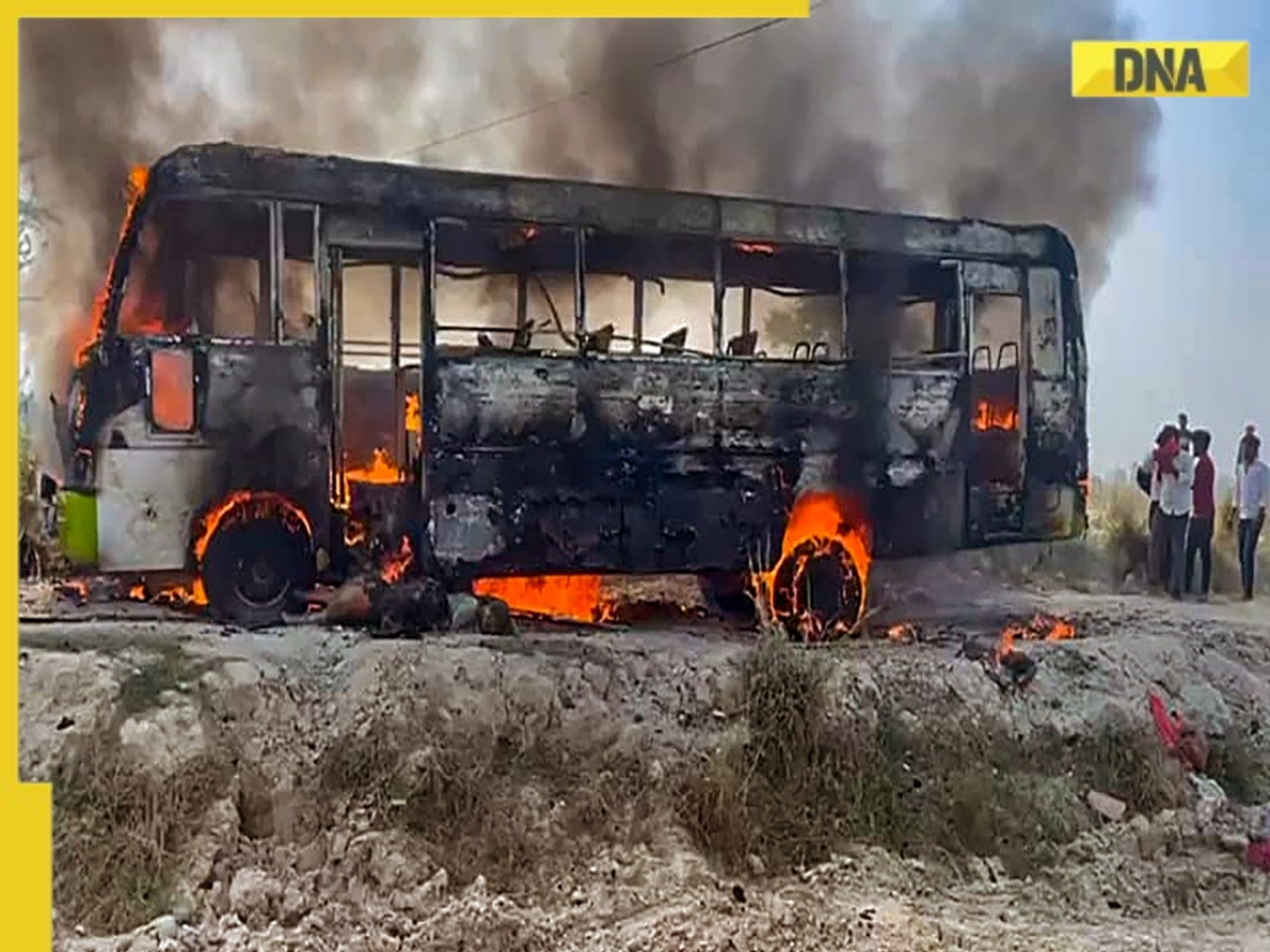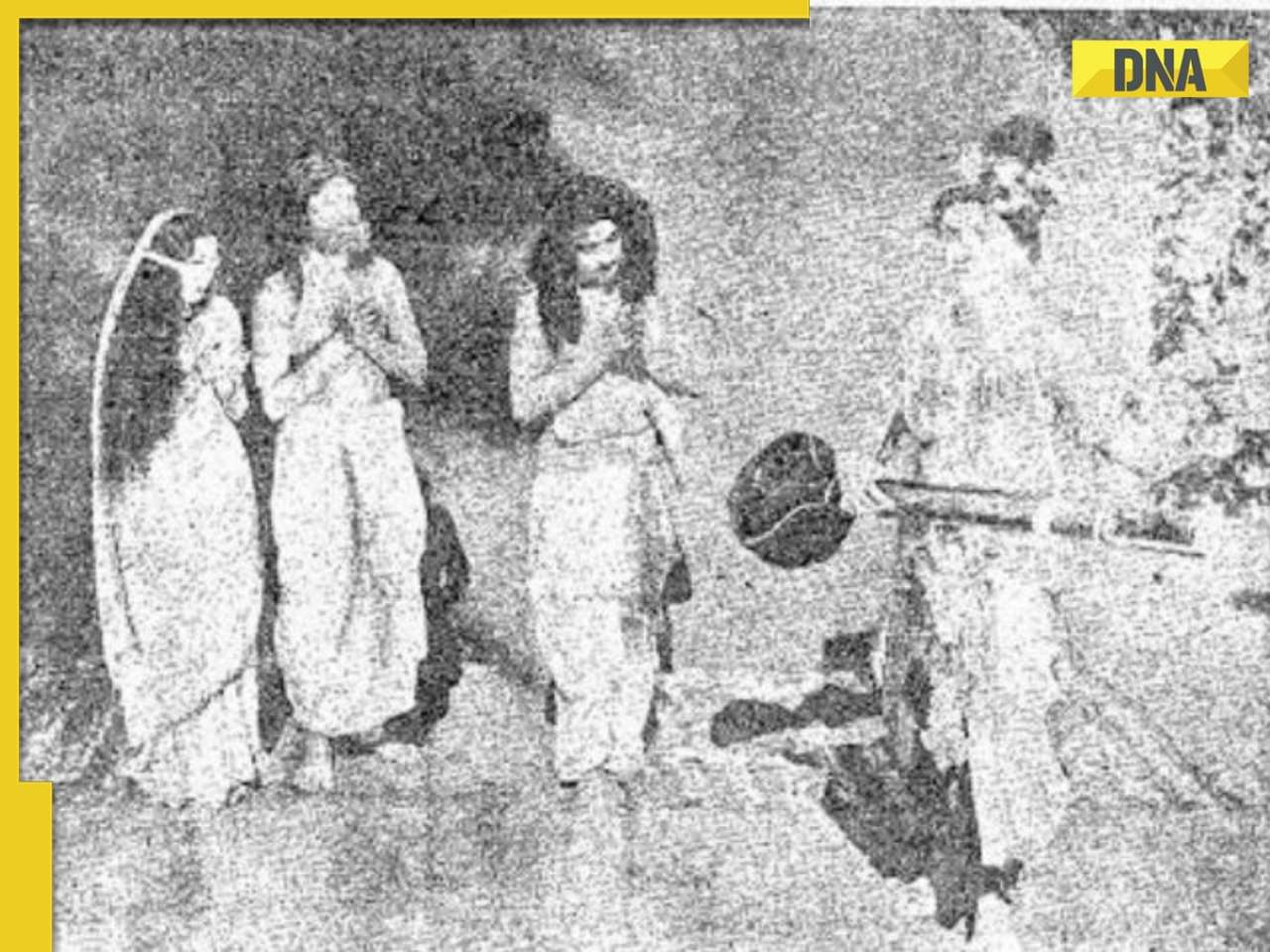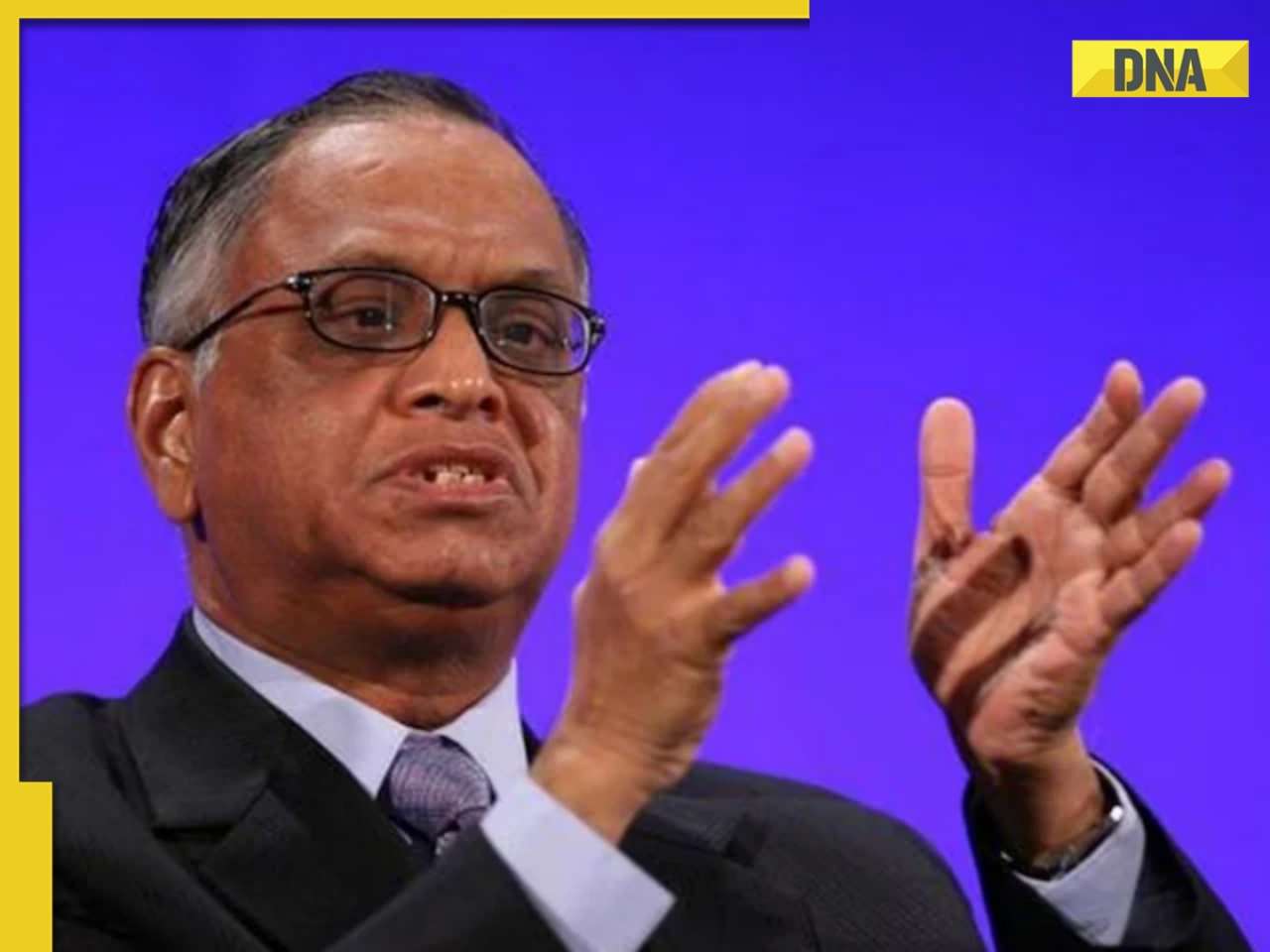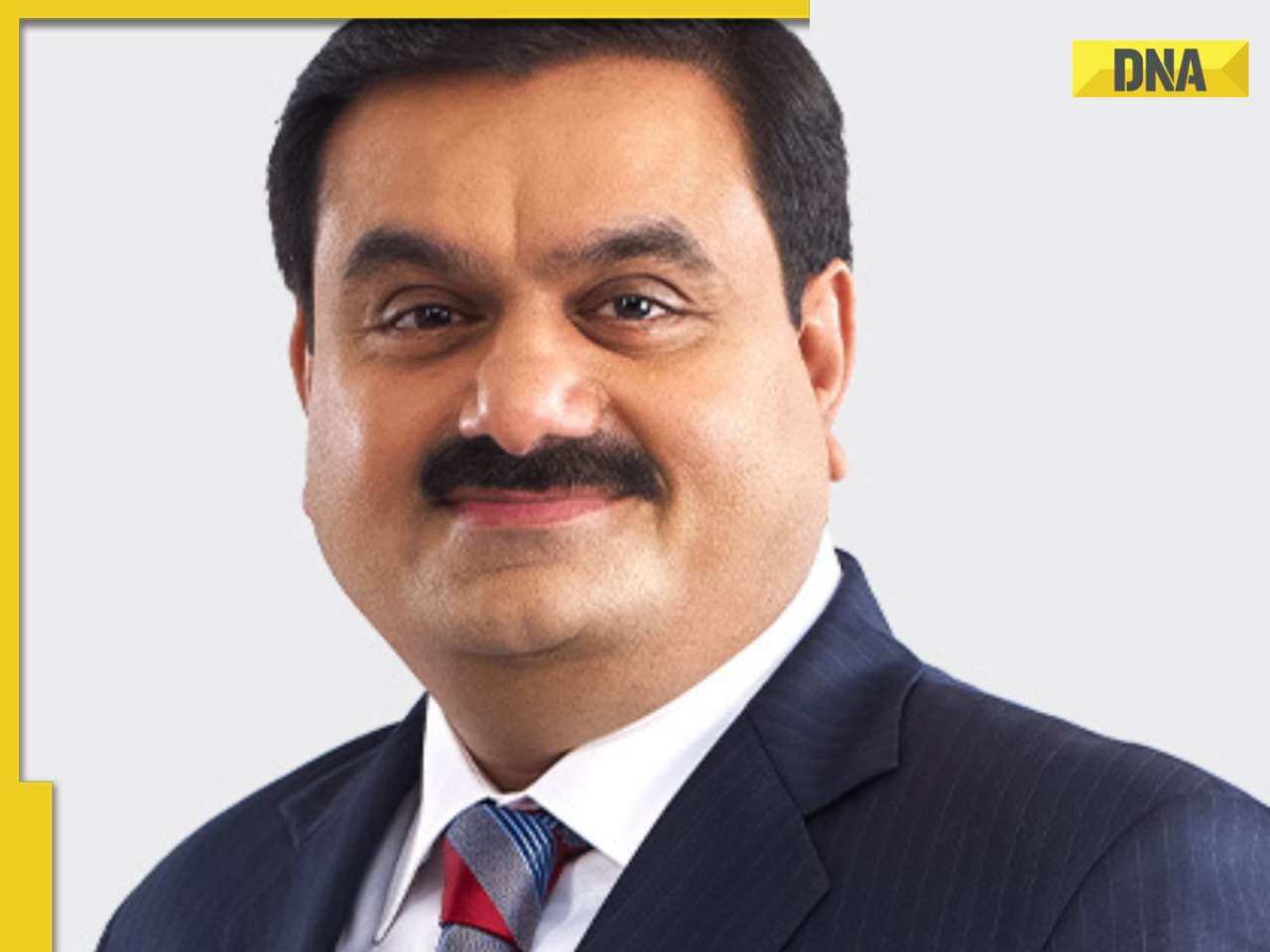The current situation of a competitive, buoyant industry in Kabul was rebuilt from scratch, with Indians being a significant and constant presence.
KABUL: The 20 Indians working in the Kabul office of IO Global, a networking and consultancy firm, have a problem neighbour. Located next door to the Pakistani embassy, the office bears the brunt of the current dip in Afghan-Pak relations.
“These days there are protests over the suicide bombers who allegedly come in from across the border. All the threats the embassy gets naturally have an impact on us. In addition, we have to put up with their extra security measures, ” laughs Murli Reddy, Hyderabad resident and manager with the firm.
Reddy came to Kabul three years ago, when the communications infrastructure of the country had been reduced to rubble. “The Taliban had left nothing standing, not a single tower or building”, he recalls. The current situation of a competitive, buoyant industry was rebuilt from scratch, with Indians being a significant and constant presence.
“There are at least 60 per cent Indians running the IT field all over Afghanistan today,” says Neel Pandit, Delhi based engineer with IO Global.
Most of the business for large players comes from international aid agencies and government departments. Even freelance consultants like Sanjiv Agarwal net lucrative contracts from the US Army and other defence agencies. “Here, it is possible to make profits equal to a CEO’s salary in India, though of course not everyone can manage it.” On the downside, the demands are correspondingly higher. “My end users are foreigners. If they lost the Internet for even a minute, they get upset,” says Sanjiv. Neel remembers getting threatening phone calls from competitors. “The pressure can be huge, perhaps on my own I could not have handled it. Being with my group made it easier”, he says.
His “group” lives together in company accommodation, enjoying the perks of a bachelor life with the comfort of home food prepared by Pakistani cooks. “At home I am a strict vegetarian, “ grins Neel. “Here I have non-veg every day”.
The freedom and camaraderie makes up somewhat for the absence of family and severely missed cinema halls. “In Kabul, we do what we feel like, its like being back in hostel” says Vikas Bansal, youngest of the group. The high spirits have led to occasional trouble. “It is a community problem,” insists Reddy. “If we guys have a few drinks, make some noise, people object,” he says, with righteous indignation. “If we want to take a walk on the roof, first a guy calls out to the women to go inside their homes, only then can we can go up,” he adds.“This is why we wont settle our families here.” Sanjiv, however, got his wife and infant son over soon after he relocated. “It’s been almost a year and she has not had a problem till now.”
Despite the grouses, Reddy admits that at seven thousand dollars a month, Kabul is a good place to be. “We spend fifty dollars a month, mostly on eating out and shopping for movies”, says Sandeep Yadav, technical staffer with IO Global. The company pays for everything else, including phone calls home.
“The quality of life is better than the Gulf or the US where you do your own chores and face discrimination,” feels Neel. “Here everything is done for you, and you get lots of izzat.” Being an Indian helps. “If a cop stops you at night, just say “Hindustani ast”(I’m an Indian). He’ll offer you tea, ask whether you know Sunil Shetty, and send you off. Pakistanis get their whole cars checked,” says Sandeep.
The steady flow of foreign aid and investments into Afghanistan and the volume of the potential market have made the communications industry hum with energy. The sector is bracing itself for a leap, and Indians are providing significant quantities of the muscle.
“Afghans don’t have their fundamentals correct. Because of years of war, they lack the education and training to do these jobs’, feels Sandeep. Indians offer not only skills but also dedication, says Reddy. “Once we commit to something, we will not leave if we find a better opportunity. It is just like a good Indian marriage.”
![submenu-img]() Meet actress who is set to work in India's most expensive film, started career with superhit TV show, then gave..
Meet actress who is set to work in India's most expensive film, started career with superhit TV show, then gave..![submenu-img]() Hansal Mehta reacts to Sahara Group calling his series Scam 2010 The Subrata Roy Saga 'abusive act, cheap publicity'
Hansal Mehta reacts to Sahara Group calling his series Scam 2010 The Subrata Roy Saga 'abusive act, cheap publicity'![submenu-img]() Meet actor, who was once Aamir, Shah Rukh's rival, never became superstar, worked as hotel manager, is now...
Meet actor, who was once Aamir, Shah Rukh's rival, never became superstar, worked as hotel manager, is now...![submenu-img]() 9 killed, 24 injured as bus catches fire in Haryana's Nuh
9 killed, 24 injured as bus catches fire in Haryana's Nuh![submenu-img]() Meet actress who started career with Ranveer, Deepika, is married to man with Rs 53,800 crore net worth, husband is..
Meet actress who started career with Ranveer, Deepika, is married to man with Rs 53,800 crore net worth, husband is..![submenu-img]() Meet IIT graduates, three friends who were featured in Forbes 30 Under 30 Asia list, built AI startup, now…
Meet IIT graduates, three friends who were featured in Forbes 30 Under 30 Asia list, built AI startup, now…![submenu-img]() Meet woman who cracked UPSC in fourth attempt to become IAS officer, secured AIR...
Meet woman who cracked UPSC in fourth attempt to become IAS officer, secured AIR...![submenu-img]() Meet IIT JEE 2024 all-India girls topper who scored 100 percentile; her rank is…
Meet IIT JEE 2024 all-India girls topper who scored 100 percentile; her rank is…![submenu-img]() Meet PhD wife of IIT graduate hired at Rs 100 crore salary package, was fired within a year, he is now…
Meet PhD wife of IIT graduate hired at Rs 100 crore salary package, was fired within a year, he is now…![submenu-img]() Meet woman not from IIT, IIM or NIT, cracked UPSC exam in first attempt with AIR...
Meet woman not from IIT, IIM or NIT, cracked UPSC exam in first attempt with AIR...![submenu-img]() DNA Verified: Is CAA an anti-Muslim law? Centre terms news report as 'misleading'
DNA Verified: Is CAA an anti-Muslim law? Centre terms news report as 'misleading'![submenu-img]() DNA Verified: Lok Sabha Elections 2024 to be held on April 19? Know truth behind viral message
DNA Verified: Lok Sabha Elections 2024 to be held on April 19? Know truth behind viral message![submenu-img]() DNA Verified: Modi govt giving students free laptops under 'One Student One Laptop' scheme? Know truth here
DNA Verified: Modi govt giving students free laptops under 'One Student One Laptop' scheme? Know truth here![submenu-img]() DNA Verified: Shah Rukh Khan denies reports of his role in release of India's naval officers from Qatar
DNA Verified: Shah Rukh Khan denies reports of his role in release of India's naval officers from Qatar![submenu-img]() DNA Verified: Is govt providing Rs 1.6 lakh benefit to girls under PM Ladli Laxmi Yojana? Know truth
DNA Verified: Is govt providing Rs 1.6 lakh benefit to girls under PM Ladli Laxmi Yojana? Know truth![submenu-img]() Sunanda Sharma exudes royalty as she debuts at Cannes Film Festival in anarkali, calls it ‘Punjabi community's victory’
Sunanda Sharma exudes royalty as she debuts at Cannes Film Festival in anarkali, calls it ‘Punjabi community's victory’![submenu-img]() Aishwarya Rai walks Cannes red carpet in bizarre gown made of confetti, fans say 'is this the Met Gala'
Aishwarya Rai walks Cannes red carpet in bizarre gown made of confetti, fans say 'is this the Met Gala'![submenu-img]() In pics: Sobhita Dhulipala looks 'stunning hot' in plum cordelia jumpsuit at Cannes Film Festival, fans call her 'queen'
In pics: Sobhita Dhulipala looks 'stunning hot' in plum cordelia jumpsuit at Cannes Film Festival, fans call her 'queen'![submenu-img]() Udaariyaan takes 15-year leap, these actors join Sargun Mehta, Ravi Dubey-produced show
Udaariyaan takes 15-year leap, these actors join Sargun Mehta, Ravi Dubey-produced show![submenu-img]() In pics: Urvashi Rautela sizzles in red strapless gown at Cannes Film Festival, fans call her 'Disney princess'
In pics: Urvashi Rautela sizzles in red strapless gown at Cannes Film Festival, fans call her 'Disney princess'![submenu-img]() Haryana Political Crisis: Will 3 independent MLAs support withdrawal impact the present Nayab Saini led-BJP government?
Haryana Political Crisis: Will 3 independent MLAs support withdrawal impact the present Nayab Saini led-BJP government?![submenu-img]() DNA Explainer: Why Harvey Weinstein's rape conviction was overturned, will beleaguered Hollywood mogul get out of jail?
DNA Explainer: Why Harvey Weinstein's rape conviction was overturned, will beleaguered Hollywood mogul get out of jail?![submenu-img]() What is inheritance tax?
What is inheritance tax?![submenu-img]() DNA Explainer: What is cloud seeding which is blamed for wreaking havoc in Dubai?
DNA Explainer: What is cloud seeding which is blamed for wreaking havoc in Dubai?![submenu-img]() DNA Explainer: What is Israel's Arrow-3 defence system used to intercept Iran's missile attack?
DNA Explainer: What is Israel's Arrow-3 defence system used to intercept Iran's missile attack?![submenu-img]() Meet actress who is set to work in India's most expensive film, started career with superhit TV show, then gave..
Meet actress who is set to work in India's most expensive film, started career with superhit TV show, then gave..![submenu-img]() Hansal Mehta reacts to Sahara Group calling his series Scam 2010 The Subrata Roy Saga 'abusive act, cheap publicity'
Hansal Mehta reacts to Sahara Group calling his series Scam 2010 The Subrata Roy Saga 'abusive act, cheap publicity'![submenu-img]() Meet actor, who was once Aamir, Shah Rukh's rival, never became superstar, worked as hotel manager, is now...
Meet actor, who was once Aamir, Shah Rukh's rival, never became superstar, worked as hotel manager, is now...![submenu-img]() Meet actress who started career with Ranveer, Deepika, is married to man with Rs 53,800 crore net worth, husband is..
Meet actress who started career with Ranveer, Deepika, is married to man with Rs 53,800 crore net worth, husband is..![submenu-img]() This film's budget was less than an iPhone, smashed box office records; became first industry hit, earned...
This film's budget was less than an iPhone, smashed box office records; became first industry hit, earned... ![submenu-img]() Do you know which God Parsis worship? Find out here
Do you know which God Parsis worship? Find out here![submenu-img]() This white marble structure in Agra, competing with Taj Mahal, took 104 years to complete
This white marble structure in Agra, competing with Taj Mahal, took 104 years to complete![submenu-img]() 'If only we are smart enough...': Narayana Murthy was asked how AI will hurt job prospects
'If only we are smart enough...': Narayana Murthy was asked how AI will hurt job prospects![submenu-img]() Viral video: Gujarat man converts Honda Civic into 'Lamborghini' for just Rs 12.5 lakh, watch
Viral video: Gujarat man converts Honda Civic into 'Lamborghini' for just Rs 12.5 lakh, watch![submenu-img]() Man who disappeared 26 years ago found in neighbour`s cellar, just 100 metres from home
Man who disappeared 26 years ago found in neighbour`s cellar, just 100 metres from home





































)

















)
)
)
)
)
)